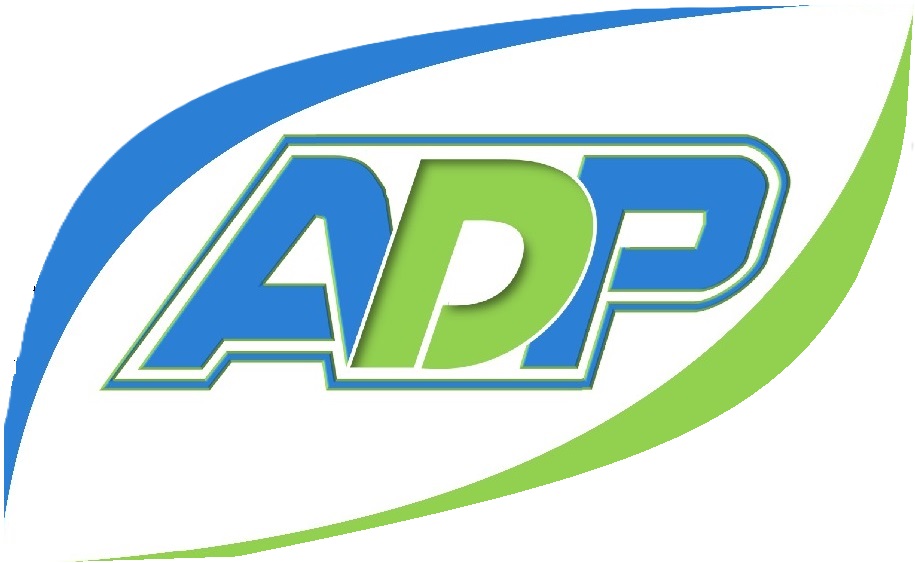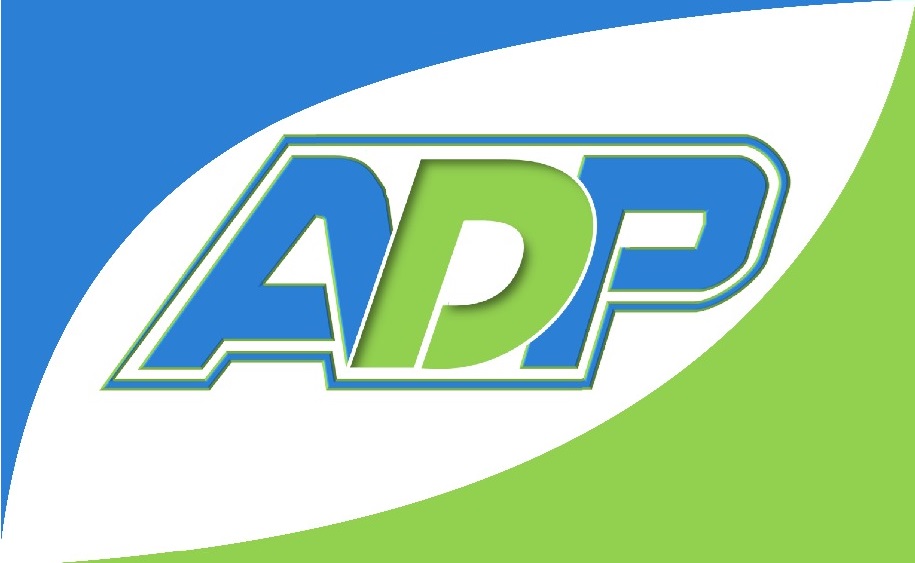ADP’s effects its tasks with full responsibility and clear accountability, and adopts same terms for clients, where there is zero tolerance for fraud and corruption,
ADP development effectiveness requires high standards of accountability, slide, openness, and public participation. As an international development agency dedicated to eradicating poverty in Asia and the Pacific, ADP constantly strives to enhance all of these aspects of its operations.
The mechanism was designed to:
- upsurge ADP’s development effectiveness and project quality
- be approachable to the concerns of project-affected people and fair to all participants
- imitate the highest professional and technical standards in its staffing and operations
- be as self-governing and transparent as possible
- be cost-effective, efficient, and balancing to the other management, audit, quality control, and evaluation systems at ADP.
The problem-solving function, led by the Special Project Management (SPM), emphasizes on problem solving and finding satisfactory solutions to problems caused, or is likely to be caused, by ADP-assisted projects. The compliance review function, primarily implemented by the independent Compliance Review Panel (CRP), focuses on ADP’s accountability on whether it has or has not complied with its operational policies and procedures that affect or may affect local people directly, materially, and adversely.
ADP remains firmly committed to the principle of being accountable for complying with its operational policies and procedures, and solving problems of project-affected people. Therefore, ADP intends to ensure that the Accountability Mechanism remains adequate and effective in keeping with current international best practices.
An effective Accountability Mechanism to address the grievances of people adversely affected by ADP-assisted projects and ensure compliance with ADP operational policies and procedures is fundamental to equitable and sustainable development.

